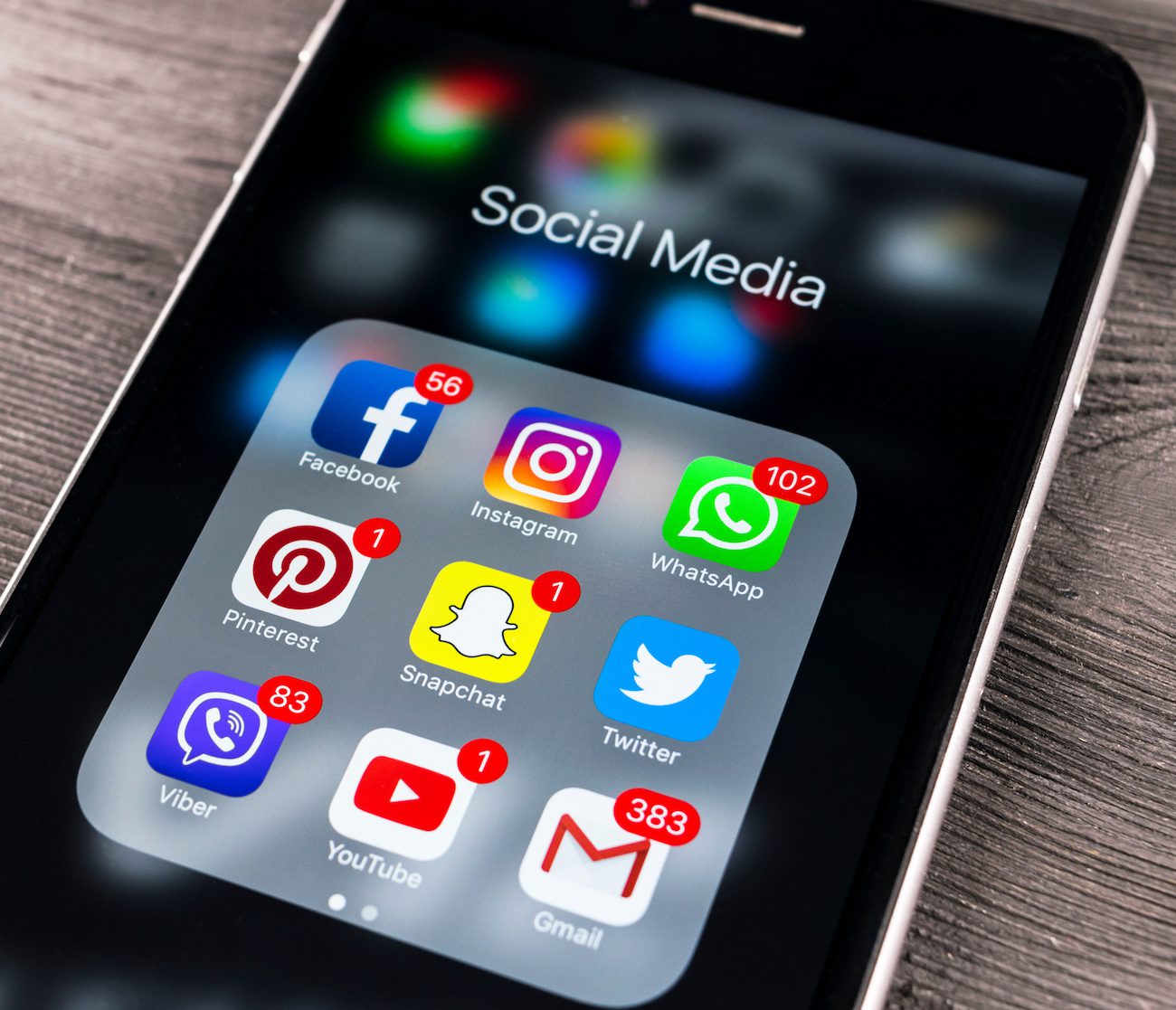Social media has revolutionized the way we connect, share information, and interact with others. It has brought the world closer together, allowing us to stay connected with friends and family, access real-time news, and engage with like-minded individuals. But social media is a double-edged sword: while there are plenty of benefits, social media’s impact on mental health is one of the biggest concerns for families today.
Let’s explore how social media can affect our mental well-being, and some practical strategies to navigate its pitfalls.
Comparison and Self-Esteem
One of the most significant impacts of social media on mental health is the tendency to engage in social comparison. Scrolling through carefully curated feeds showcasing idealized lives can lead to feelings of inadequacy and reduced self-esteem. Constantly comparing ourselves to others can foster a sense of not measuring up or missing out on life’s experiences, leading to anxiety and depression.
Fear of Missing Out (FOMO)
Social media platforms thrive on keeping users engaged and connected, often triggering the “Fear of Missing Out” phenomenon. Constantly being bombarded with updates about friends’ activities and events can create a sense of anxiety and isolation, as individuals may feel left out or excluded from the fun and excitement.
Cyberbullying and Online Harassment
The anonymity offered by social media can lead to cyberbullying and online harassment. Being subjected to negative comments, hurtful messages, or cyberbullying can be emotionally distressing and detrimental to mental well-being, especially for younger users.
Sleep Disruption
Excessive social media usage, particularly before bedtime, can lead to sleep disturbances. The blue light emitted by screens interferes with melatonin production, making it harder to fall asleep and potentially contributing to sleep deprivation and its related consequences on mental health.
Navigating Social Media Mindfully
Below are some tips to help you develop a healthy approach to social media. And if you’re a parent, be sure to follow these tips, and take advantage of the many apps available to govern your kids’ usage, too.
Limit Screen Time:
Set specific time limits for social media usage each day. This will help prevent mindless scrolling and allow you to allocate more time to meaningful activities, fostering a healthier balance between the virtual and real worlds.
Curate Your Feed:
Be mindful of the content you follow and the accounts you engage with. Unfollow or mute accounts that trigger negative feelings or unhealthy comparisons. Instead, follow pages that inspire you, promote positivity, and share valuable information.
Take Breaks:
Periodically disconnect from social media to recharge and recalibrate. A digital detox can do wonders for your mental health, helping you reconnect with the present moment and reducing feelings of stress and anxiety.
Practice Digital Empathy:
Remember that there are real people behind each profile. Practice empathy and kindness when interacting with others online. A positive online environment can foster a sense of community and reduce the likelihood of cyberbullying or online harassment.
If you find that social media is negatively impacting your mental health, don’t hesitate to seek support from friends, family, or a mental health professional. Talking about your feelings and experiences can be incredibly therapeutic and help you gain perspective.
By being mindful of our social media usage and implementing strategies to navigate its potential pitfalls, we can create a healthier relationship with these platforms. Remember that self-care and real-life connections are essential for maintaining a positive mental well-being in the digital age. Let’s embrace the benefits of social media while safeguarding our mental health for a happier and more fulfilling life both online and offline.
If you or someone you know is struggling, reach out for help.
The Community Hub is here for you.
